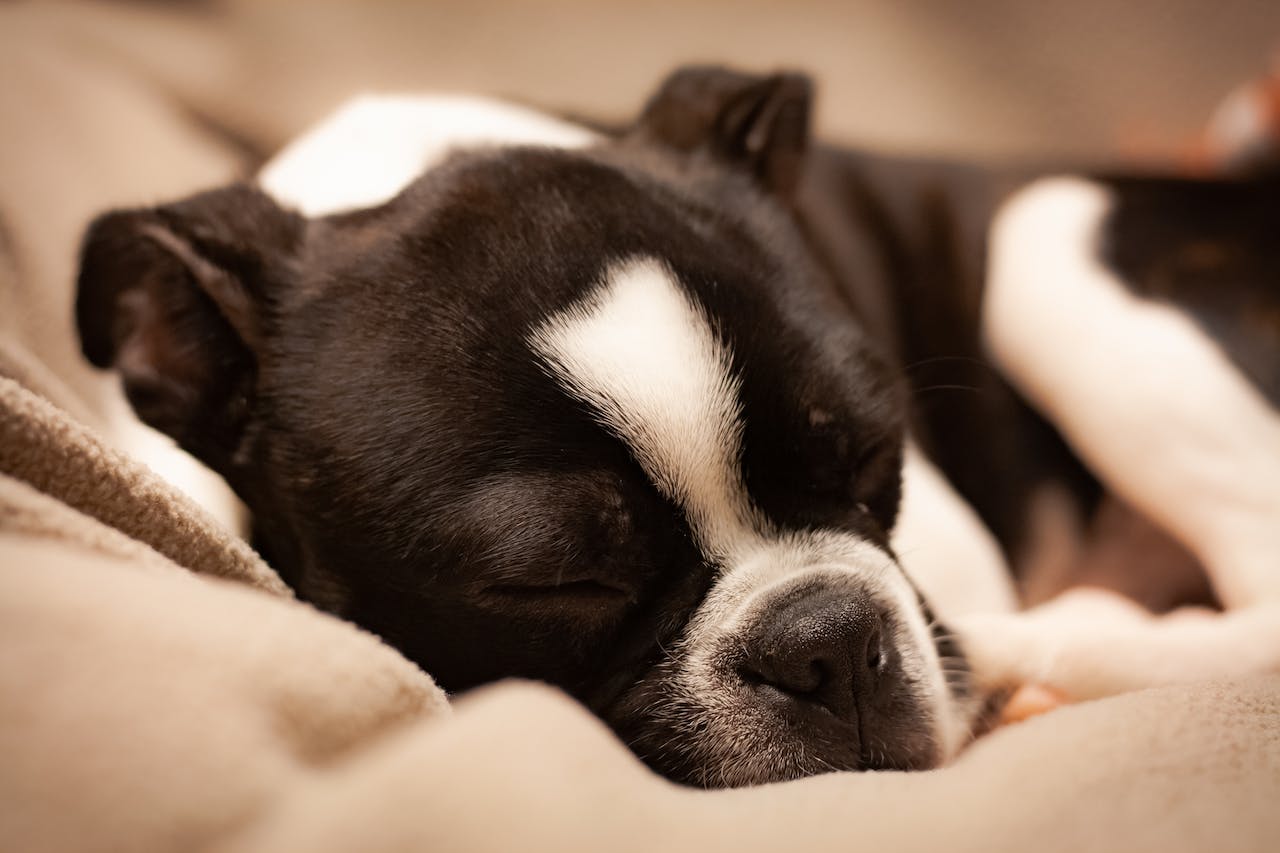
05 Jan Tips for Caring for Your Dog After Oral Surgery
Oral surgery can be a challenging time for both dogs and their owners. However, by adhering to some straightforward tips, you can facilitate a quick and comfortable recovery for your furry friend after oral surgery. Here are our tips for caring for your dog after oral surgery.
Caring for Your Dag After Oral Surgery
At Animal Dental Services, here are our recommended tips for caring for your pet after oral surgery:
1. Pain Management: Follow your veterinarian’s prescribed pain medication instructions diligently. Administer the medication as directed and consider using an Elizabethan collar to prevent your dog from interfering with the surgical site through licking, scratching, or pawing.
2. Feeding: Initially, your dog may have a reduced appetite post-surgery. This is normal and typically improves within a few days. Offer soft, easily digestible food such as canned food or moistened kibble. Consider feeding smaller, more frequent meals to accommodate their recovery.
3. Drinking: Ensure your dog stays hydrated by encouraging them to drink plenty of water.
4. Activity Restriction: Adhere to your veterinarian’s instructions regarding activity levels post-surgery. Generally, keep your dog calm and limit strenuous activities during the initial days to prevent any strain on the surgical site.
5. Wound Care: Follow your veterinarian’s guidance on caring for the surgical site, which may include cleaning with a saline solution. Strict adherence to these instructions is crucial to prevent infection.
6. Follow-Up Care: Schedule a follow-up appointment with your veterinarian a couple of weeks after the surgery. This allows them to assess the healing progress and address any concerns.
Additional Tips for Optimal Recovery
In addition to the tips above, we also recommend following this advice for optimal recover after oral surgery.
Comfortable Resting Space: Provide your dog with a quiet, well-ventilated, and climate-controlled resting area, such as a comfortable bed.
Avoid Hard Toys or Chews: Refrain from giving your dog hard toys or chews until the surgical site has fully healed to prevent any potential harm.
Close Monitoring: Keep a vigilant eye on your dog for any signs of complications, such as swelling, redness, or discharge from the surgical site.
Veterinary Oral Surgeon in Knoxville
By implementing these suggestions, you can contribute to a smoother recovery process for your dog after oral surgery, ensuring their well-being and comfort during this crucial healing period. If you have any concerns after your pet’s oral surgery, give our team a call and we would be happy to help!
Image by Matthias Cooper from Pexels




